IOT VISUALIZATION
SMART PARKING LOT
As a part of the smart IoT application layer, it helps data analysis and visualization
No credit card required!
Urban development is increasingly constrained by the shortage of resources such as land space, especially core business districts, which are facing huge pressures such as population expansion and traffic congestion. Solving the problem of urban parking is a systematic project, and the development of intelligent management is a key part of it. It is triggered by urban resource management, operating and management simultaneously, and taking into account the multiple needs of urban management, enterprises and car owners, in order to tackle the essential issues. The smart parking solution comprehensively utilizes urban parking space resources by introducing advanced mobile Internet and Internet of Things technologies to maximize the benefits of limited space.
In order to effectively integrate the time and space resources of urban parking space, it is necessary to digitize the parking space resources and usage conditions of all commercial and residential areas in the city, so as to achieve the goal of intelligent scheduling. The smart parking solution provider realizes the real-time status detection of the parking space by transforming the parking space with the Internet of Things and installing the parking space detector. On this basis, they need to integrate a simple and easy-to-use data analysis platform to analyze the operation status of parking space, build a large digital screen of the urban parking space information management platform, and open up multi-service systems such as billing, user app, order system, and parking space monitoring. Data interaction, so as to realize the creation of a smart parking brain.
Core advantages description

Smart parking solution manufacturers deploy a parking space detector network to collect and monitor the overall situation of urban parking spaces in real time. These status data are stored in the cloud or on a local database; at the same time, the parking app accesses the detailed information of the owner's parking needs through the mobile Internet, and the parking meter the fee system and order management system will also generate transaction data in real time.
The above data is directly connected to DataFocus through the database, and services such as data analysis and data early warning are constructed through search engine technology; the integrated algorithm platform is used for intelligent planning of parking space scheduling. The data of the entire city parking information management platform is developed into a large visual screen to display the digital achievements of the smart parking scheme.
The data application component of DataFocus can quickly connect to various existing business systems from the data collection and storage end. Develop data analysis applications by integrating offline databases and real-time databases into the DataFocus data warehouse, or directly linking real-time databases.
After the data recorded by the parking space detector network, user app and other business systems are connected to the DataFocus system in real time, the supply and demand of parking space are calculated in real time, and intelligent scheduling planning is carried out, and the data is output to the parking guidance system to realize the balance of dynamic parking space scheduling.
After importing the above data into the big data warehouse that comes with DataFocus, solution providers can quickly customize various analysis and visualization services for their customers through easy-to-use search analysis technology. Quickly conduct business analysis, and know the number of urban parking space, the proportion of each area, parking space turnover rate, resource utilization efficiency, and hot spots of parking space parking demand at any time.
DataFocus can be easily deployed, whether it is on the user's private cloud platform, Alibaba Cloud, Amazon Cloud, or Microsoft's Azure, it can be quickly deployed.
This is a PPP pilot project, which is supported by the government to integrate resources. Company A will build a smart parking solution consisting of multiple business systems such as parking apps, parking lot IoT, and billing systems, and obtain sustainable benefits by operating the solution. The modules that need to be developed or integrated in the entire solution include IoT software and hardware, mobile apps, management systems and data analysis, visualization systems, etc., and all self-development within a limited time is not the most economical and reasonable solution.
On the one hand, rapidly develop various reports, analysis boards, and large-scale visualization; on the other hand, with the help of DataFocus' algorithm integration platform to optimize parking scheduling, improve operational efficiency and revitalize assets